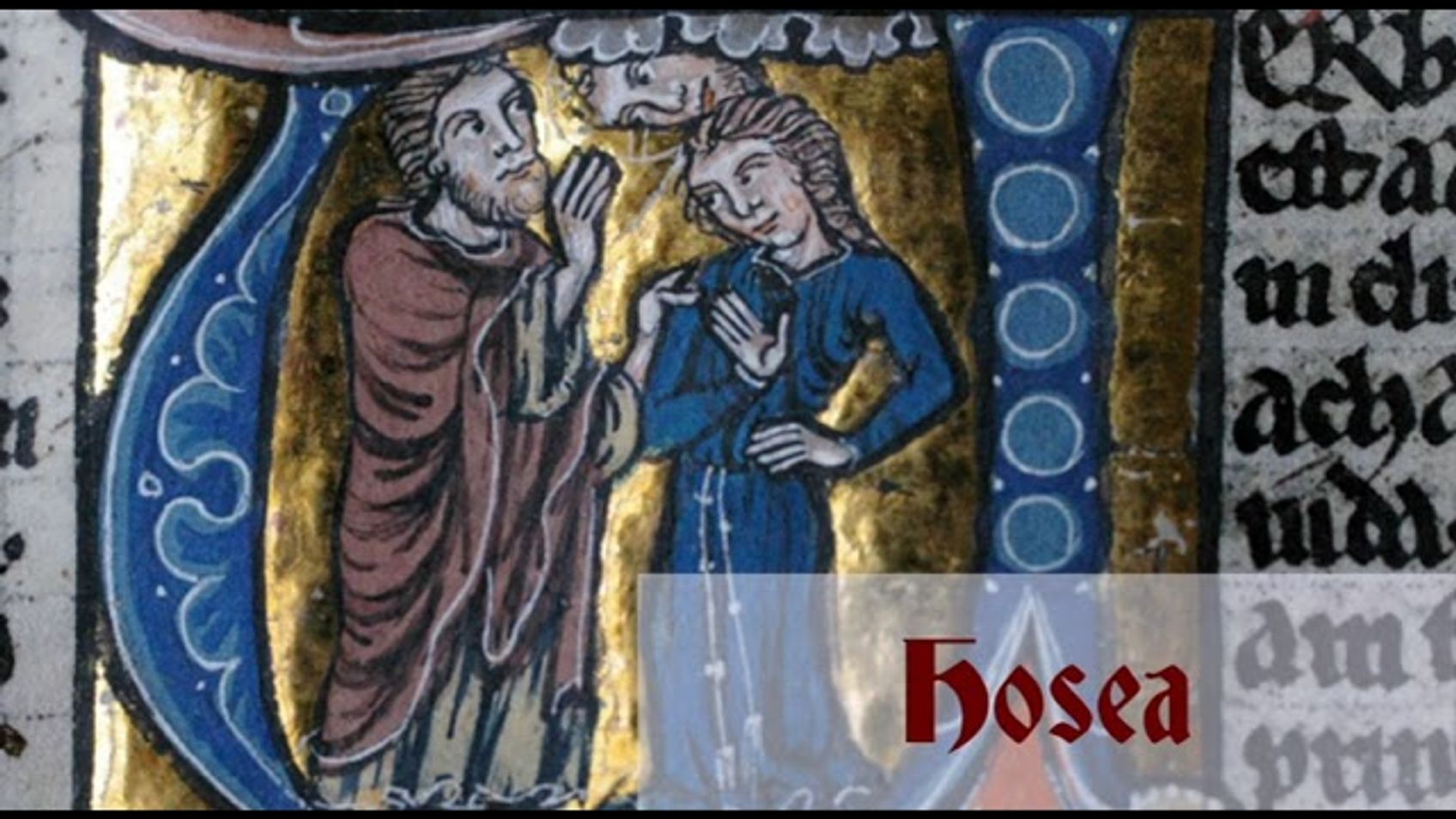Hosea: Chapter-by-Chapter Commentary

*CONTENTS*
00:00:00 - Chapter 1: Hosea's Children by an Unfaithful Wife
00:09:43 - Chapter 2: The Unfaithful Bride, Israel, Taken Back
00:18:09 - Chapter 3: Hosea Redeems His Wife
00:22:30 - Chapter 4: The Lord Has a Controversy with the Inhabitants of the Land
00:29:27 - Chapter 5: Disaster for Unfaithful Israel and Judah
00:35:37 - Chapter 6: I Desire Steadfast Love and Not Sacrifice
00:47:37 - Chapter 7: Israel Does Not Return
00:53:11 - Chapter 8: Israel Has Forgotten His Maker
00:58:35 - Chapter 9: The Days of Punishment Have Come
01:07:09 - Chapter 10: Eating the Harvest of Their Sins
01:15:25 - Chapter 11: How Can I Give You Up, O Ephraim?
01:22:40 - Chapter 12: The Lord Will Punish Jacob According to His Ways
01:33:34 - Chapter 13: The Lord's Judgment Upon Ephraim
01:43:43 - Chapter 14: Return, O Israel, to the Lord Your God
If you have enjoyed my videos and podcasts, please tell your friends. If you are interested in supporting my videos and podcasts and my research more generally, please consider supporting my work on Patreon (https://www.patreon.com/zugzwanged), using my PayPal account (https://bit.ly/2RLaUcB), or by buying books for my research on Amazon (https://www.amazon.co.uk/hz/wishlist/ls/36WVSWCK4X33O?ref_=wl_share).
The audio of all of my videos is available on my Soundcloud account: https://soundcloud.com/alastairadversaria. You can also listen to the audio of these episodes on iTunes: https://itunes.apple.com/gb/podcast/alastairs-adversaria/id1416351035?mt=2.
More From Alastair Roberts

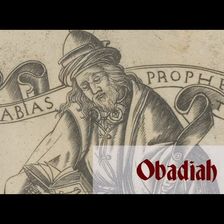
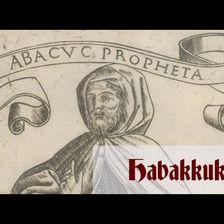
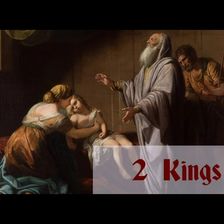
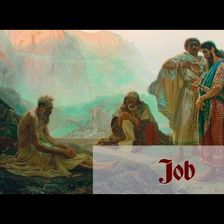
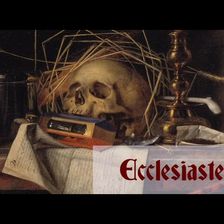
More on OpenTheo















